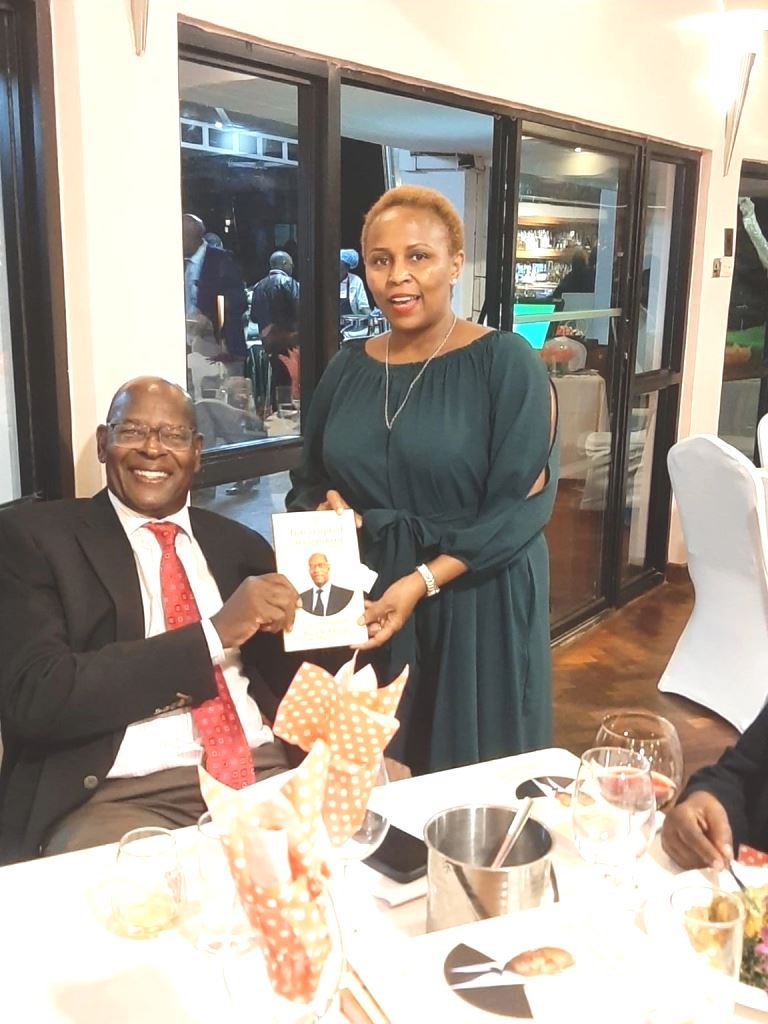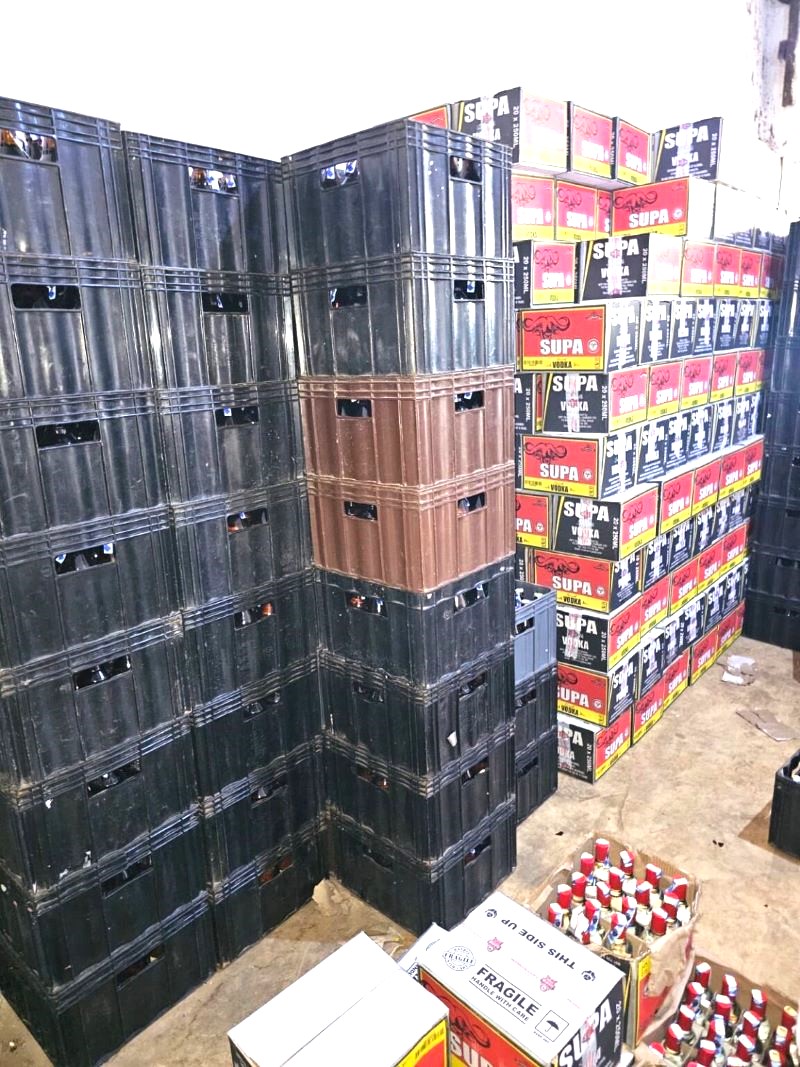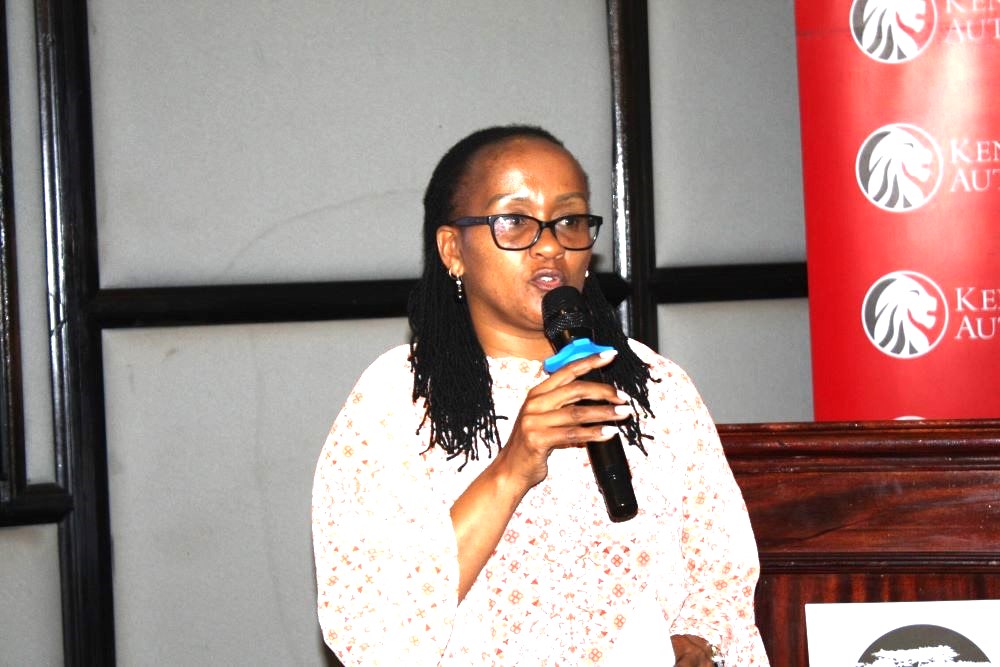Imagine a Kenyan family of seven: two siblings live in the United States, one lives in Nairobi but is constantly on the move, and another runs the family business with the parents, who take foreign vacations at least once a year.
How much it must cost for all the family members to get together, you must wonder. This is the family of Kenyan professional Philip Kinisu, a former Regional Senior Partner at PricewaterhouseCoopers and former Chairman of the Ethics and Anti-Corruption Commission.
Since retiring from PwC in 2014, Kinisu has travelled to scores of countries, some on golfing missions and others on vacations with his wife Wanjiru. The family’s firstborn, Jonathan, is the chief executive of a Nairobi-based multinational. The second-born, Caroline, runs the family business, while Alvin and Martin, both PhD holders, work in the US.
Kinisu’s memoirs, ‘The Interrupted Accountant’, provide glimpses into the family’s life, highlighting the children’s education and occupations. Written with honesty and authenticity, the book reveals more about the man than many Kenyan autobiographies do. Kinisu opens up on his flirtation with drugs while in secondary school, his troubled first marriage (to a campus sweetheart) that ended in divorce and his failed efforts to uplift his extended family members through educational support and other assistance.
But perhaps more enlightening is his unprovoked revelation of the tastes of Nairobi’s upper classes, which stand as a stark contrast with the daily struggle for survival by the hoi polloi. We learn, for instance, how Kinisu acquired his first home in Nairobi (a five-acre property in Karen) in 1986. Hardly seven years later, he sold it and purchased another property in Nyari Estate, where his family lives to date.
READ ALSO:
From the book, one also discerns how the city’s professional classes and elite families set the tone for lifestyle and taste in Kenya. Their lives reveal a fascinating mix of tradition and modernity, shaped by global exposure yet deeply rooted in local cultures.
While the leafy suburbs of Karen, Muthaiga, Runda, and Gigiri are dream addresses for many Kenyans, offering sprawling mansions hidden behind bougainvillaea fences, manicured lawns, and guarded gates, there are always other options for those who can afford them, where one lives is not merely about affordability but also comfort and convenience.
“By 1993, I had determined that the [Karen] property was no longer fit for purpose. I needed to be nearer the town centre, schools, hospitals and the workplace,” he writes. He relocated to the newer enclaves of Nyari.
The elite’s shopping habits reflect the same pursuit of distinction. One factor in the Kinisu family’s relocation from Karen was the “narrow options’ of restaurants it offered – the likes of Carnivore, Karen Country Club, Turaco Club and later Karen Blixen’s Coffee Garden. “All of them were hardly adequate for a young family.”
Education stands as one of the clearest markers of elite life. For decades, institutions such as Banda School, Braeburn, Hillcrest, and the International School of Kenya have schooled the children of the wealthy, offering international curricula and pathways to global universities. These schools are not merely about academics; they are also about grooming and social learning, with universities in America, Britain and Switzerland being the ultimate destinations.
His children, like Jonathan, attended Braeburn School, from where he proceeded to the University of Manchester and eventually Imperial College London. Such opportunities ensure that the children enter the same global circuits as their peers in other world capitals.
Implicitly, the book tells how the life and tastes of Nairobi’s elites shape trends and create aspirations that symbolise the intersection of global wealth and Kenyan heritage. To understand them is to know how power and identity are crafted in the capital city.
Published by Free Press Publishers, the book retails at Sh2,500 for a paperback and is available at major bookshops in Nairobi. Readers outside Kenya can buy it from Amazon.
By Isaac Mkao Kiti
Kiti is Journalism Lecturer
You can also follow our social media pages on Twitter: Education News KE and Facebook: Education News Newspaper for timely updates.
>>> Click here to stay up-to-date with trending regional stories
>>> Click here to read more informed opinions on the country’s education landscape
>>> Click here to stay ahead with the latest national news.






